International Day of Happiness is celebrated to promote the idea that happiness is a fundamental human right and a key element of sustainable development, globally. One way to increase happiness and well-being is to focus on practices and natural supplements that boost cognitive health. Good cognitive health is essential for a healthy and happy life, as it can improve memory, attention, processing speed, and overall mental well-being. By incorporating some of these actions into our daily routine, we can lead more fulfilling lives. So, let's raise a toast to good cognitive health, on this International Day of Happiness, by exploring the ‘science’ side of some practices that can lead to better brain health!
5 Simple Practices that Promote Happiness
1. Cut down on processed sugar and foods
When we focus on brain health, it is important to take into consideration the kind of food we eat and its impact on our brains. After all, the brain is an organ, and just like every organ functions properly when it gets the right kind of nutrition, the brain is no different. When we eat food that’s been processed and packaged with preservatives, added flavors, and food colorings along with harmful ingredients, we’re in turn depriving our nervous system of getting all the essential fiber, vitamins, minerals, and phytonutrients that our bodies might need for regular functioning. As our consumption of processed sugar and foods goes up, our intake of whole foods also goes down, leaving us with impaired insulin sensitivity and, in turn, a series of low moods and negative feelings.
2. Incorporate some mind-body practices
Practices that involve the coordination of your mind with muscle movements, such as yoga or weightlifting, can be a great way to improve mental focus and relaxation on a regular basis. These mind-body techniques work like mind-relaxing medicine as they enhance mood, lower tension, and anxiety levels, and increase feelings of calm and relaxation. For instance, research on yoga has shown that it increases the brain's gray matter volume, which is linked to improved cognitive function and a lower chance of cognitive decline. It has also been connected to mood enhancements and a decrease in signs of anxiety and depression. Strength training has also been shown to lessen depressive and anxious symptoms while enhancing memory and concentration. Additionally, it improves the quantity of sleep, which is crucial for the brain's optimal performance.
3. Hit the sweet spot with your sleep and diet
It comes as no surprise how essential sleep is for brain health and memory. While we sleep, our brain retains information, works on its learning and cognitive functions, and stores all the data it may have processed during the day. This is why a sleepless night before a big test or interview is never good for your performance. Even when you're sleeping, your brain and body are constantly working together to repair all the wear and tear and improve your day-to-day functioning, which includes your mental health, stress levels, and overall physical health. Chronic sleep deprivation and insomnia have also been linked to having an impact on daytime alertness in people with psychological symptoms like depression and anxiety.
Apart from restful sleep, the brain requires a constant supply of nutrients to function optimally. Eating a balanced diet that includes a variety of fruits, vegetables, whole grains, lean proteins, and healthy fats can help provide the necessary nutrients for optimal brain health. Research has shown that certain nutrients, such as omega-3 fatty acids, vitamins E and B, sun-theanine, and antioxidants, can have specific benefits for brain function. Omega-3 fatty acids, found in fatty fish, nuts, and seeds, have been shown to improve memory and cognitive function.
Vitamins E and B, found in whole grains, nuts, and leafy greens, are important for brain health and cognitive function. Antioxidants, found in fruits and vegetables, can help to protect against oxidative stress, and also work like nature’s own supplements for anxiety. Suntheanine or l-theanine has also been shown to imitate the effects of a mind relaxing medicine. A good diet can also reduce the symptoms of anxiety and depression. That’s why it is common for psychiatrists to often look at a person’s dietary needs and recommended magnesium tablets or magnesium supplements. This ingredient is known for its mood-boosting properties while also reducing symptoms of anxiety.
4. Practice mindfulness in your everyday tasks
Mindfulness is a mental technique that teaches you to be present in every moment and experience the things you do with every passing minute. It sure does take a lot of practice, but mindfulness has shown exemplary effects on brain health. In cases of depression, mindfulness perfectly executes the job of a mind relaxing medicine. As an alternative method to approach mental health issues like anxiety, depression, or post-traumatic stress disorder, studies have seen an improvement in participants’ brain activity when they practice mindfulness. Increased gray matter volume in the brain regions responsible for focus, memory, and emotional regulation has been linked to regular mindfulness exercise. Additionally, it has been demonstrated to improve communication and efficiency within the brain by fortifying the connections between different brain areas.
5. Quit the multitasking
It's fascinating to see how the perception of multitasking has changed in our minds over the years. Multitasking used to be viewed as a desirable ability that could increase productivity and efficiency. We thought that by juggling numerous tasks at once, we could accomplish more in less time and increase our perceived value at work. However, research has shown that multitasking can lead to cognitive overload, which can impair cognitive function over time. For example, studies have found that multitasking can impair working memory and attention, which are essential for cognitive performance. Additionally, research has shown that multitasking can lower the quality of work because people are unable to give each task their full attention. Errors may result, and total productivity may drop. So be mindful of your work and let multitasking take a back seat.
Wrapping Up
All of these practices may seem daunting to take on all at once, but here lies the hack to self-development. You can try things one day at a time, and when you look back, you’ll realize you’ve come a long way. Stay happy!
—
References:
https://www.health.harvard.edu/blog/nutritional-psychiatry-your-brain-on-food-201511168626
https://www.ncbi.nlm.nih.gov/pmc/articles/PMC7075496/
https://www.ncbi.nlm.nih.gov/pmc/articles/PMC6971819/
https://www.ncbi.nlm.nih.gov/pmc/articles/PMC9641984/







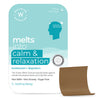









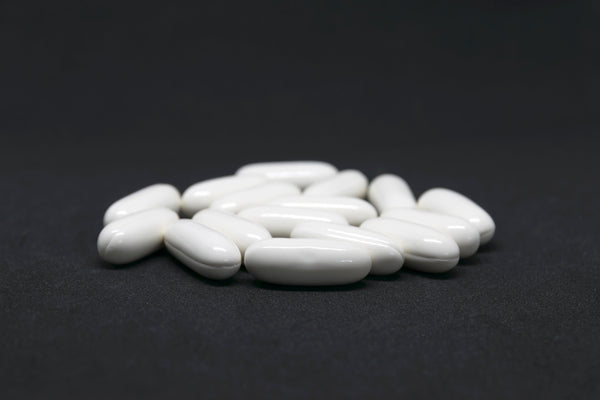
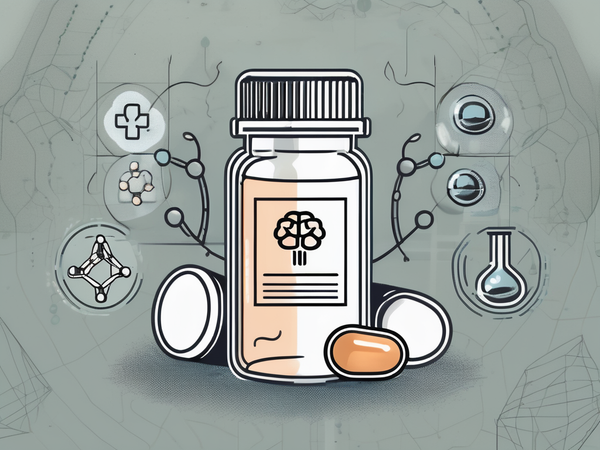
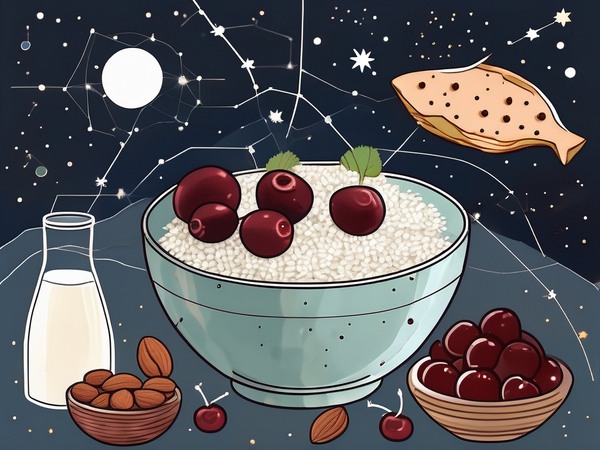
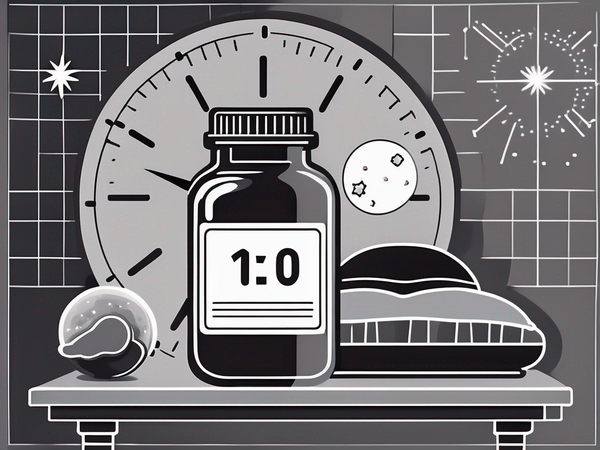
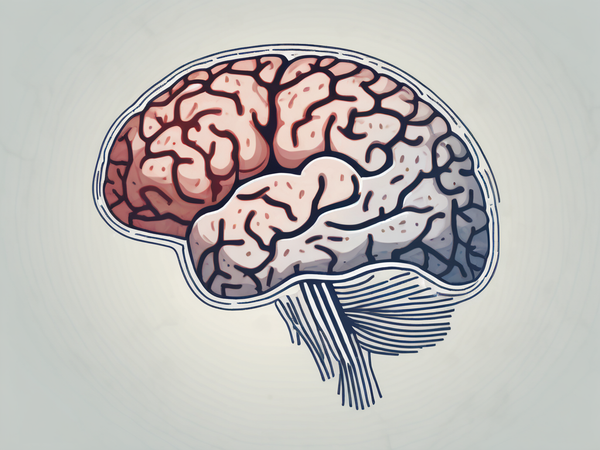






 DOWNLOAD NOW
DOWNLOAD NOW
